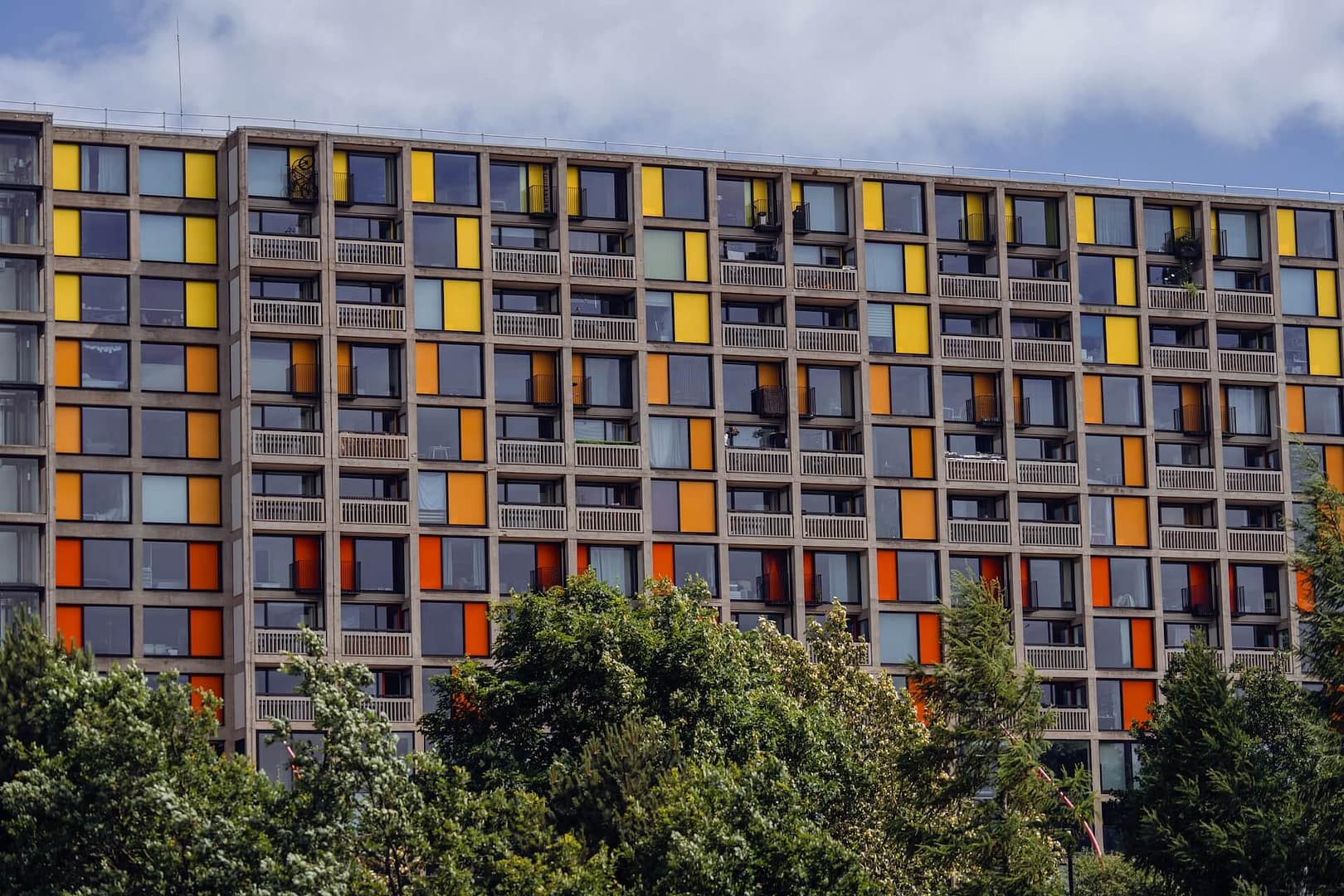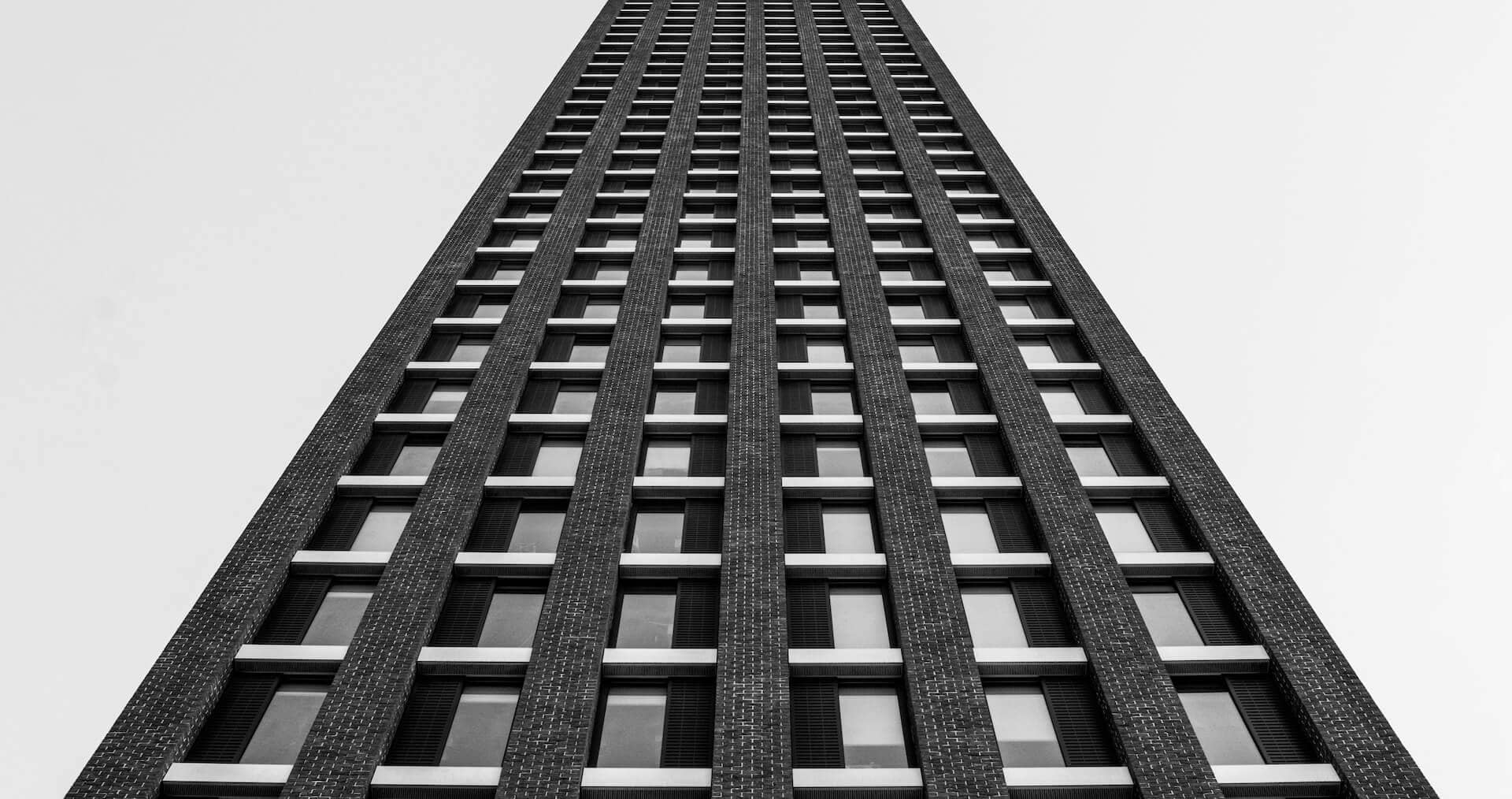Chronic housing disrepair – these three words may sound simple, but they carry a heavy burden for countless individuals and families across the United Kingdom. In this article, we’ll delve into what chronic housing disrepair is, explore what counts as housing disrepair, and define the severity of serious disrepair in the context of the UK.
What is Chronic Housing Disrepair?
Chronic housing disrepair is a term that encompasses the persisting, often long-term, issues related to the condition and maintenance of residential properties. It is a problem that can profoundly affect the lives of those residing in such homes, leading to a range of physical, mental, and financial challenges.
Chronic in this context signifies that the disrepair is ongoing, repetitive, and frequently unaddressed over an extended period. It is not merely a one-time incident but rather an enduring problem.
The housing disrepair component of this term refers to the substandard conditions and issues within a dwelling. These conditions could span a broad spectrum, from minor inconveniences to severe safety hazards. Chronic housing disrepair, however, typically implies a situation where these issues persist over time, causing distress and inconvenience to residents.
What Counts as Housing Disrepair?
To truly understand what chronic housing disrepair entails, we must first break down what qualifies as housing disrepair. In the UK, housing disrepair encompasses a wide range of issues, which are generally classified into the following categories:
Structural Issues
One common type of housing disrepair involves structural problems. This can include issues such as:
Cracks in Walls and Ceilings: Cracks that appear and worsen over time can indicate structural issues.
Dampness and Mould: The presence of damp and mould can lead to health problems and indicates a failure in the building’s structure or weatherproofing.
Leaking Roofs: A leaking roof can cause water damage and further structural issues if not addressed.
Faulty Foundations: Problems with a building’s foundation can lead to uneven floors, walls, and ceilings.
Plumbing and Heating Problems
Plumbing and heating issues are another category of housing disrepair, including:
Leaking Pipes: Leaks in the plumbing system can cause water damage and mould growth.
Heating System Failures: Lack of adequate heating can make a home uninhabitable, particularly during the cold UK winters.
Blocked Drains: Blockages can lead to sewage backups and related health hazards.
Electrical Problems
Electrical issues can also be a part of housing disrepair, posing risks to occupants:
Faulty Wiring: Outdated or unsafe wiring can lead to electrical fires and pose immediate dangers.
Inadequate Lighting and Power: A lack of lighting and power can disrupt daily life and make the home less safe.
Pest Infestations
Pest infestations can turn a residence into an uncomfortable and potentially dangerous place:
Rat or Insect Infestations: These pests can spread diseases and cause damage to the property.
Mice and Rodents: Similar to insects, mice and rodents can carry diseases and harm the structure of the building.
Lack of Amenities
Inadequate amenities can be a sign of housing disrepair, which includes:
Inadequate Sanitation: A lack of working toilets or bathrooms can significantly impact a household’s quality of life.
Lack of Cooking Facilities: Without a functional kitchen, residents may be unable to prepare meals safely.
Security Issues: Broken locks, windows, or doors can leave a home vulnerable to break-ins.
General Disrepair
This category includes more general problems that may not fit neatly into the previous categories:
Peeling Paint: While seemingly minor, peeling paint can be a sign of deeper issues, such as dampness or structural problems.
Worn Flooring: Damaged or worn flooring can create safety hazards.
Broken Fixtures: Non-functional fixtures like faucets or door handles can affect daily life.
What is Serious Disrepair?
While chronic housing disrepair encompasses a broad spectrum of issues, there are cases where disrepair is so severe that it qualifies as serious disrepair. In the UK, serious disrepair is a legal term with significant implications. It refers to a state of disrepair where the living conditions are not just inconvenient or unpleasant but are a direct threat to the health and safety of residents.
Serious disrepair can include situations where, for example, structural problems have reached a point where the building’s stability is compromised, or where a lack of heating or hot water makes the property uninhabitable in the harsh British climate. Such conditions are far more than mere inconveniences; they constitute an immediate danger to the well-being of those living within the property.
In cases of serious disrepair, it is vital for both tenants and landlords to take immediate action. This includes reporting the issues to the landlord, local authorities, or relevant housing associations. It is the responsibility of the property owner to address these problems promptly, as failure to do so can result in legal consequences.
Legal Implications of Serious Disrepair
The implications of serious disrepair are not to be taken lightly. Under UK law, property owners have a legal duty to maintain their properties in a state of good repair and ensure the safety of their tenants. When this duty is not fulfilled, it can lead to various legal consequences, including:
Compensation for Tenants: Tenants suffering from serious disrepair may be entitled to compensation for any harm, discomfort, or financial losses incurred as a result of the disrepair.
Enforcement Action: Local authorities have the power to take enforcement action against landlords who fail to address serious disrepair issues. This can include fines, court orders, and other legal measures.
Rent Reduction or Suspension: In some cases, tenants may have the right to reduce or suspend their rent payments until the disrepair is adequately addressed.
Termination of Tenancy: Tenants may have the right to terminate their tenancy if serious disrepair issues are not resolved, with the possibility of moving to safer accommodations.
Prosecution of Landlords: In extreme cases, landlords who consistently ignore serious disrepair issues may face criminal prosecution.
Making a Housing Disrepair Claim with National Claims
Note: You can only make a claim if you are currently living in social housing.
At National Claims, we understand the challenges and frustrations that individuals and families face when dealing with chronic housing disrepair. We’re here to guide you through the claims process of making a housing disrepair claim, advocating for your rights, and ensuring that your living conditions are safe and habitable. In this section, we’ll walk you through the steps involved in making a housing disrepair claim with National Claims.
Contact Us
The first step in making a housing disrepair claim with National Claims is to get in touch with our dedicated team. You can reach out to us via phone, email, or through our website. We’ll schedule a consultation to discuss your specific situation and gather the necessary information.
Initial Assessment
During the consultation, our experts will conduct an initial assessment of your case. We’ll listen to your concerns, review any evidence you’ve collected (such as photographs and correspondence with your landlord), and determine if your situation qualifies as chronic housing disrepair or serious disrepair.
Legal Representation
If your case meets the criteria for housing disrepair, we’ll provide you with legal representation. Our experienced solicitors will work diligently to ensure your rights are protected and that the necessary steps are taken to resolve the disrepair issues.
Investigation and Documentation
We’ll conduct a thorough investigation into the disrepair issues, documenting the extent of the problems and their impact on your daily life. This documentation will serve as crucial evidence in your claim.

Conclusion
Chronic housing disrepair is a serious issue that can have a profound impact on the lives of those affected. It is vital to understand what qualifies as housing disrepair and to recognize the severity of serious disrepair, as it can have significant legal implications. Tenants have the right to safe and habitable living conditions, and action should be taken to ensure these rights are protected.
At National Claims, we are dedicated to helping individuals and families navigate the challenging terrain of chronic housing disrepair. We offer support, legal representation, and advocacy to ensure that your living conditions are improved and that you receive the compensation you may be entitled to.
In a country where housing is considered a fundamental human right, chronic housing disrepair should not be tolerated. We are committed to working with you to fight for your rights and to ensure that every resident in the UK has access to safe and habitable living conditions. If you find yourself dealing with chronic housing disrepair, don’t hesitate to reach out to us at National Claims. We are here to help you every step of the way.
Contact us today and get started on your claim and speak to one of our claims specialists.
Click below to see why we are one of the most trusted claims management companies in the UK.

We’re proud of our excellent customer reviews
We thrive on delivering exceptional service and ensuring our clients’ satisfaction. Don’t just take our word for it. Check out some of our independent reviews to see what our clients have to say.
Excellent

This firm is excellent, they sorted out my car pay out and injury claim very fast, they always communicate with you all the time.

My accident case was dealt with confidence and with great result of the outcome, especially James kept me informed all the time.

I was very impressed at the way my inquiry was treated. I was listened to attentively and everything I needed to know was explained to me.






